About
Meet Craig Young: Inner Growth & Emotional Mastery Coach
Craig Young is a renowned coach specialising in Inner Growth & Emotional Mastery for High-Performing Business Owners .
As a Certified Effortless Meditation Teacher, Inner Growth Coach, and Breath Coach, Craig guides successful yet overwhelmed individuals to
eliminate stress and overthinking, so they can scale their success without sacrificing their health, relationships, or inner peace.
Through deep transformation, Craig guides you to break free from conditioned beliefs and let go of who you thought you had to be, so you can succeed in alignment with who you truly are.
Beyond his coaching practice, Craig mentors teenagers across the Gold Coast, sharing his wisdom and passion for emotional resilience and authentic living.

Our Mission:
At Intrinsic Living®, we believe success starts from within. Our mission is to help high-achieving business owners reconnect with their inner power, dissolve hidden barriers, and thrive both personally and professionally.
We embrace the spirit of freedom and authenticity. Drawing inspiration from our beachside lifestyle. Through inner growth and emotional mastery, we empower you to achieve sustainable success without sacrificing your well-being.
Our Values:
Our core values reflect our deep commitment to our community and the well-being of our tribe:
Love
Love is the core of personal growth, shaping your actions and mindset. It involves uncovering subconscious beliefs, whether rooted in love or fear. By realigning these beliefs, you shift from merely surviving to thriving.
Share
Self love leads to authentic self expression. This stage is about shedding societal pressures and embracing your true identity. It encourages courage and transparency in living your truth.
Care
Holistic self care, emotional, physical, and mental. Is an expression of self respect. You value yourself fully, recognising imperfections as strengths. This care creates balance, happiness, and gratitude in life.
Trust
Trust is the foundation of your new identity, built on belief in your worth and values. It fosters resilience, helping you navigate challenges with clarity and strength.
Co-exist
Co-existence represents living authentically with empathy and peace. By accepting others and yourself, you inspire change and leadership through your authentic presence.
Community Focus:
We actively give back to our local community through hands-on support and genuine acts of kindness. Our focus remains on helping those who need it most, ensuring our efforts create meaningful impact.
Let's chat...
This isn’t just a step. It’s the breakthrough you’ve been waiting for. You’re here because you’ve achieved so much, yet something still feels off. Together, we’ll uncover what’s holding you back, reset the beliefs keeping you stuck, & reignite the clarity, balance, & purpose you’ve been searching for. It’s time to take back control & start living the life that truly fulfills you
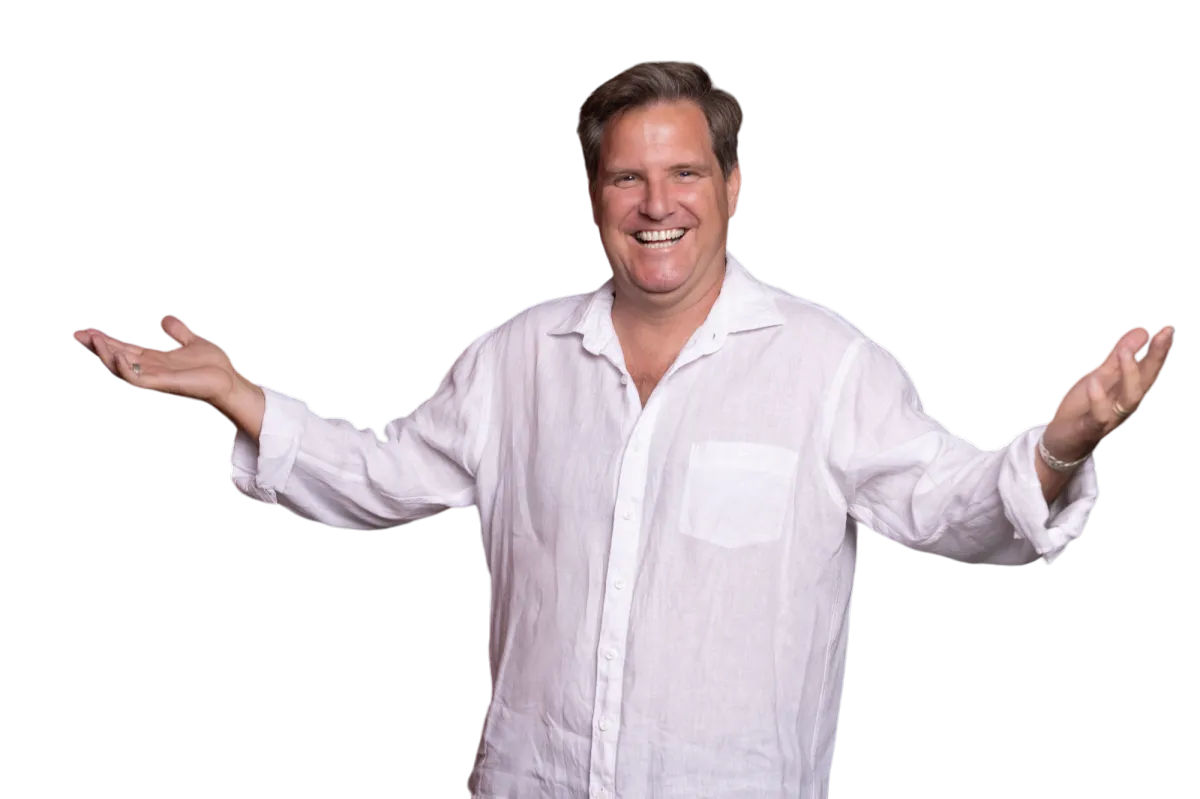
Frequently Asked Questions
What is a Transformational Coach?
A Transformational Coach is a professional who helps individuals create significant, lasting changes in their lives. They focus on deep, inner transformation, guiding clients to discover their true selves, align with their core values, and overcome limiting beliefs. The goal is to empower clients to live more authentically and achieve their full potential.
In essence, Transformational Coaching goes beyond surface-level changes to foster deep, meaningful growth and transformation, helping you become the best version of yourself.
What Does a Transformational Coach Do?
Transformational Coach works with clients to:
- Find and Grow their Own Personal Power
- Increase their Happiness
- Identify and shift limiting beliefs and patterns
- Clarify life goals and values
- Develop strategies for personal growth and self-improvement
- Enhance self-awareness and emotional intelligence
- Provide support and accountability through the transformation process
- Using a combination of techniques such as Effortless Meditation, Inner Growth exercises, Mindfulness techniques, Psychology techniques, Profiling techniques, NLP, and personalised coaching sessions, they help clients unlock their inner power and achieve lasting change.
How Will a Transformational Coach Benefit Me?
Working with a Transformational Coach can bring numerous benefits, including:
Greater self-awareness and clarity about your life purpose
Improved emotional well-being and stress management
Enhanced personal and professional relationships
Increased confidence and self-esteem
Development of healthier habits and behaviors
Achieving goals that align with your true self
Ultimately, a Transformational Coach helps you create a more fulfilling, balanced, and authentic life.
How Does a Transformational Coach Differ from a Life Coach?
Ultimately, a Transformational Coach helps you create a more fulfilling, balanced, and authentic life. While both Transformational Coaches and Life Coaches help individuals achieve their goals, there are key differences:
Depth of Focus: Transformational Coaches delve deeper into the inner self, addressing core beliefs, values, and emotional patterns. Life Coaches tend to focus more on setting and achieving specific external goals.
Approach: Transformational Coaches often use holistic and integrative approaches, including meditation, mindfulness, mindset, inner growth, NLP and profiling techniques. Life Coaches typically use more structured, goal-oriented methods.
Outcome: The aim of Transformational Coaching is profound, long-lasting change that transforms the client's entire life. Life Coaching often focuses on shorter-term achievements and practical solutions to immediate challenges.
In essence, Transformational Coaching goes beyond surface-level changes to foster deep, meaningful growth and transformation, helping you become the best version of yourself.
What is the Difference between Effortless Meditation and Conventional Meditation?
Meditation and Effortless Meditation are two different approaches to the practice of meditation. While both involve the use of techniques to achieve a state of mindfulness and relaxation, there are some key differences between the two.
One key difference between meditation and effortless meditation is the focus of the practice. In traditional meditation, the focus is often on an object, such as the breath, a mantra, or a visual image, and the goal is to maintain focus on this object for an extended period of time. This can require effort and concentration, and can be challenging for beginners or those who struggle with a busy or restless mind.
In contrast, effortless meditation, also known as natural meditation or choiceless awareness, is based on the idea that true relaxation and mindfulness come from letting go of effort and allowing the mind to be as it is, without trying to control or change it. Instead of focusing on an object, the focus is on the present moment and the experience of being alive. The goal is not to achieve a specific state of mind, but to allow the mind to settle naturally and effortlessly into a state of stillness and peace.
Another key difference between meditation and effortless meditation is the approach to the practice. Traditional meditation often involves specific techniques and practices, such as sitting in a specific posture, using a mantra or breath awareness, and focusing the mind on an object. These techniques can be helpful for some people, but they can also be challenging and require effort and discipline.
In contrast, effortless meditation is often approached in a more relaxed and informal way. There are no specific techniques or practices that need to be followed, and the emphasis is on letting go of effort and allowing the mind to be as it is. This can make effortless meditation more accessible and less intimidating for those who are new to meditation or who find traditional techniques challenging.
Overall, the key differences between meditation and effortless meditation lie in the focus and approach of the practice. While traditional meditation involves focused concentration on an object, effortless meditation is based on letting go of effort and allowing the mind to be as it is. Both approaches can be effective for reducing stress and promoting relaxation and well-being, and the best approach may vary depending on the individual and their goals and needs.
How and Why Meditation is good for Anxiety and Stress?
Meditation is a practice in which an individual uses a technique, such as focusing their mind on a particular object, thought, or activity, to train attention and awareness, and achieve a mentally clear and emotionally calm and stable state. There is a growing body of research that suggests that meditation can be an effective tool for reducing anxiety and stress.
One of the reasons why meditation may be effective for reducing anxiety and stress is that it helps to regulate the body's stress response. The stress response is a natural physiological process that occurs in response to perceived threats or challenges. When we are faced with a stressful situation, our body reacts by releasing stress hormones, such as adrenaline and cortisol, which increase heart rate and blood pressure and prepare the body for action. This can be helpful in the short term, as it can give us the energy and focus we need to deal with the situation at hand. However, when the stress response is activated too often or for too long, it can have negative effects on our physical and mental health.
Meditation can help to regulate the body's stress response by promoting relaxation and calming the mind and body. It does this by reducing the activity of the sympathetic nervous system, which is responsible for the body's fight-or-flight response, and increasing the activity of the parasympathetic nervous system, which is responsible for the body's relaxation response. This can help to lower heart rate and blood pressure, and improve overall well-being.
Another reason why meditation may be effective for reducing anxiety and stress is that it can help to improve cognitive function and reduce negative thoughts and emotions. Anxiety and stress often involve a constant stream of negative thoughts and worries, which can be overwhelming and difficult to control. Meditation can help to break this cycle by training the mind to focus on the present moment and let go of unhelpful or negative thoughts. This can help to improve concentration, clarity of thinking, and emotional regulation, and reduce the intensity of negative thoughts and emotions.
Overall, meditation is a safe and effective tool for reducing anxiety and stress. It can help to regulate the body's stress response, improve cognitive function, and promote relaxation and well-being. If you are interested in trying meditation for anxiety and stress, there are many resources available, including books, online courses, and apps, that can guide you through the process. It may also be helpful to speak with a mental health professional who can provide personalized guidance and support.
What is the difference between Relaxing and Transcending in Effortless Meditation?
Meditation is far more than relaxing, which is where people make the mistake of whether they are actually meditating. They simply rest, the purpose is to reach deep rest or to transcend.
In short, one relaxes you which is amazing anyway, the real benefit is the out of meditation benefits to life, mind, body and spirit.
Relaxing typically refers to the experience of relaxing the body and mind, and allowing yourself to simply be in the present moment. This can be a very restful and rejuvenating experience, and can help to reduce stress and improve overall well-being.
Transcending in meditation, on the other hand, typically refers to the experience of reaching a state of deep relaxation and mental clarity. This can be a more profound experience than simply resting, and may involve a feeling of being connected to something greater than oneself.
Overall, the main difference between the two experiences is the level of mental and emotional clarity that is achieved. While resting in meditation can be very beneficial, transcending can offer even greater benefits in terms of mental and emotional well-being.
As with any meditation practice, the key is to be patient and consistent in your practice, and to not focus on achieving any specific outcome. The more you meditate, the more you may be able to experience the benefits of both resting and transcending.
How do I know if I Transcended or just fell asleep?
It can be difficult to tell the difference between transcending in meditation and simply falling asleep. Both can involve a state of deep relaxation, and you may not be fully aware of what is happening in your surroundings. One way to tell the difference is to pay attention to your breathing and body sensations during your meditation. If you are aware of your breath and body, and can maintain a sense of mindfulness and presence, it is more likely that you are transcending in meditation. If you lose awareness of your breath and body, and are completely unconscious, it is more likely that you have fallen asleep.
Another way to tell the difference is to pay attention to the quality of your experience. If you feel rested and rejuvenated after your meditation, and have a sense of inner peace and clarity, it is more likely that you have transcended in meditation. If you feel groggy and disoriented, and have a sense of mental fog, it is more likely that you have simply fallen asleep.
One of the simplest ways to monitor is your neck position. When sleeping your neck drops down towards your chest and is limp, or it falls back and rests on the back of the chair. While meditating your neck will lower, however it will support itself throughout.
Time is a great indicator on whether you have transcended or meditated. It appears to disappear and not keep normal expected times. Eg: It may feel like only 5 minutes after a 30 minute session. This is a good indicator you have reached a meditative state.
It’s important to remember that there is no right or wrong way to meditate, and it is perfectly okay if you fall asleep during your practice. The key is to be patient and consistent in your practice, and to not get too caught up in trying to “achieve” anything. Over time, you may find that you are able to enter into a state of transcendence more easily, and will be better able to tell the difference between that experience and simply falling asleep.
Just keep at it, it works..
Can you help me Meditate; I find it difficult?
Most certainly, we love to Meditate, and we love nothing more than guiding someone in Meditation.
Our preferred style or method of Meditation is Effortless Meditation.
This is easier to learn and you see benefits a lot quicker than the conventional meditations practiced.
In fact we can generally have you meditating like a pro in 4 weeks. Once the effortless technique is mastered you start to see changes or benefits in your day-to-day life. With Effortless Meditation you gain much faster life changing results and get to experience them more quickly, where other meditation styles may take years to reach this.
It is the same end game, one takes effort and maybe some discomfort, effortless becomes effortless.
We recommend you book in for a session and test it out or book in for a discovery session and we can discuss it in more detail and give you a little taste of its benefits.
Either way, make the choice and do it 😊 you’ll love it.



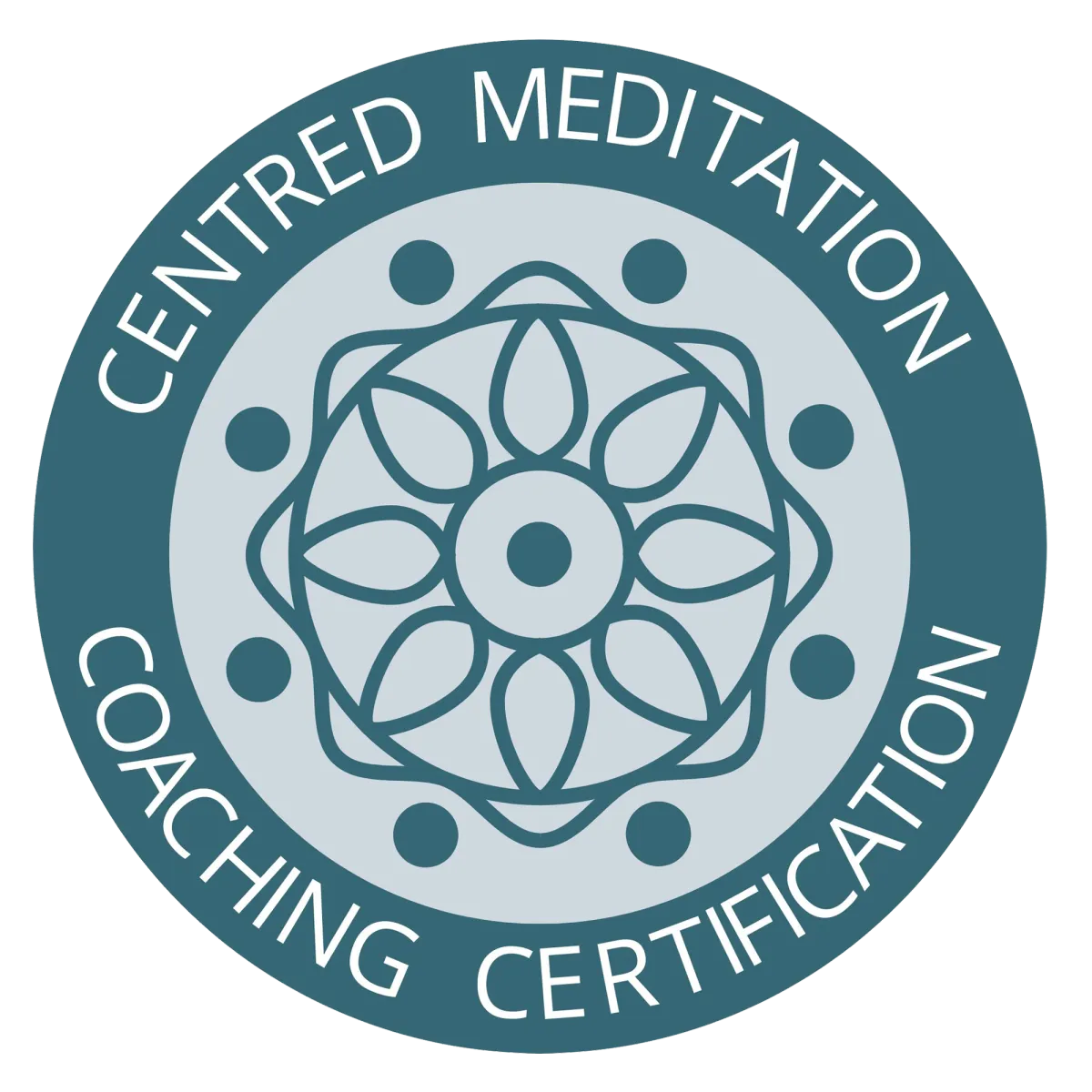
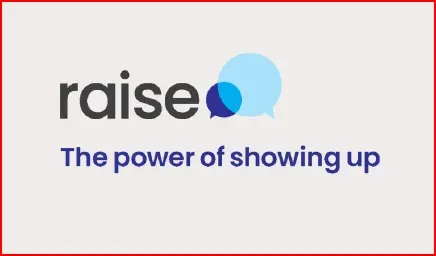

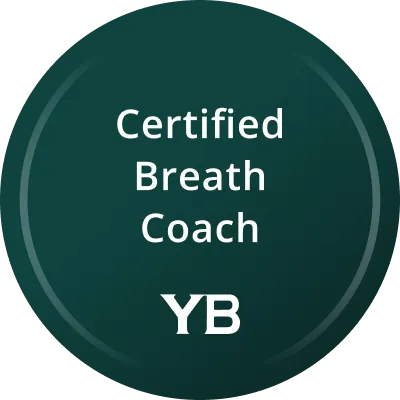
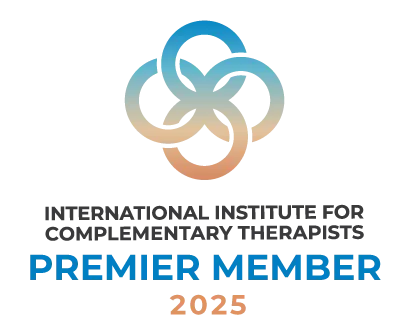

At Intrinsic Living®, we recognise the deep connection to Country and the spirit of reconciliation. We acknowledge the Yugambeh People, traditional custodians of the land on which we work and live, and pay our respects to Elders past, present, and emerging.
We are committed to inclusivity, respect, and co-existence , supporting all intersectional identities, including LGBTQIA+ communities, diverse cultural backgrounds, and individuals seeking growth and transformation.
💡If you value self mastery, authenticity, and a commitment to a better world, you belong here.
© Copyright Intrinsic Living® 2025
